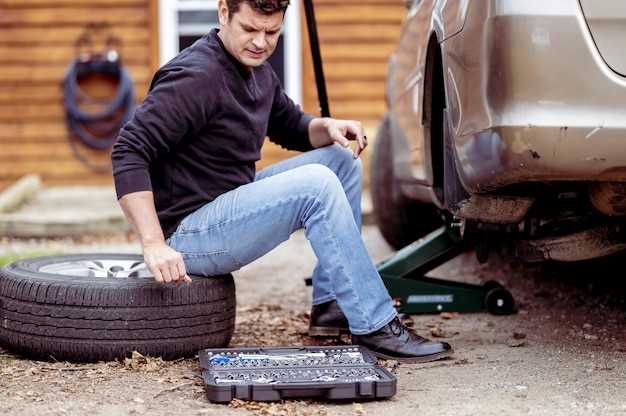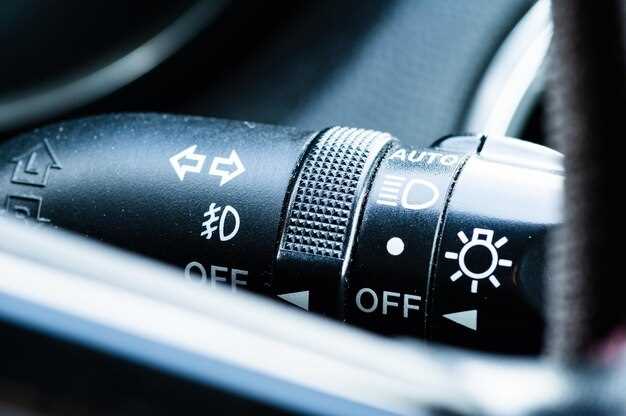
When it comes to vehicle safety, the braking system is one of the most crucial components. However, drivers often overlook the significance of brake noise until it becomes an alarming issue. If you’ve ever experienced squeaking or grinding sounds while applying your brakes, you might wonder what these noises indicate about your vehicle’s health. Recognizing these sounds can help in diagnosing potential problems and ensuring the longevity of your braking system.
Brake noise can serve as a warning sign of underlying issues that, if left unaddressed, may lead to severe damage and costly repairs. Various factors contribute to these sounds, including the type of brake pads used, wear and tear on the brake components, and even environmental conditions. Understanding these common causes can empower drivers to take proactive measures in maintaining their vehicles, enhancing both safety and performance.
In this article, we will explore the various types of brake noises, focusing primarily on the reasons behind those irritating squeaking sounds. By delving into the mechanics of your braking system and the implications of ignoring brake noise, you’ll be better equipped to tackle any issues that arise and keep your vehicle operating smoothly.
Identifying Squeaking Noises and Their Sources

Squeaking noises in vehicles can often signal underlying problems that require immediate attention. These noises can originate from various components, making it essential to accurately identify their sources for effective resolution.
One of the most common sources of squeaking is worn brake pads. When the friction material on the pads diminishes, a small metal tab, designed as a wear indicator, may come into contact with the rotor, producing a distinct squeaking sound. If this noise is present, it is crucial to inspect the brake system and replace the pads if necessary.
Another potential cause of squeaking is debris accumulation between the brake components. Dust, dirt, and small stones can become lodged in the braking system, leading to unusual noise during operation. Regular cleaning and maintenance can prevent this issue from arising.
Squeaking can also stem from inadequately lubricated or dry suspension components. Parts like control arms, bushings, and struts can generate noise when they lose lubrication. Periodic inspection and the application of appropriate lubricants can mitigate this problem.
Additionally, worn wheel bearings may produce a high-pitched squeaking sound. If this noise is accompanied by a grinding or growling sound, it may indicate the need for immediate replacement to avoid further damage to the wheels or axles.
Lastly, serpentine belts and pulleys can create a squeaking noise when they experience wear or misalignment. Routine checks and timely replacement of these components can help maintain a quiet and efficient engine performance.
In summary, identifying the source of squeaking noises is essential for ensuring vehicle safety and performance. Regular maintenance and timely inspections can help address these issues before they lead to more significant problems.
How Brake Pad Material Affects Noise Levels
The choice of brake pad material plays a significant role in the noise levels produced during braking. Different materials exhibit varying characteristics that can influence the occurrence of squeaking and other sounds. Common materials used in brake pads include organic, metallic, and ceramic compounds, each with its own noise-related properties.
Organic brake pads, typically made from a mix of fibers, rubber, and other compounds, tend to be quieter than other options. However, they may wear out faster and produce more dust, which can contribute to squeaking if not maintained properly. Their softer composition allows for smoother engagement, reducing the likelihood of noise during operation.
Metallic brake pads, on the other hand, are known for their durability and ability to handle high temperatures. However, they can create more noise, including a characteristic squeaking sound, due to the metallic particles contained within. As these pads wear down, the friction material can become inadequate, leading to increased noise and vibration while braking.
Ceramic brake pads offer a balance between performance and noise reduction. They tend to operate quietly under most conditions, providing consistent stopping power without excessive squeaking. The dense composition of ceramic pads also minimizes dust production, which can further reduce noise caused by debris accumulation between the pad and rotor.
Ultimately, selecting the appropriate brake pad material can significantly influence the overall noise levels experienced in a vehicle. Understanding how each type behaves under different driving conditions is essential for maintaining a quiet and efficient braking system.
Common Fixes for Squeaky Brakes and Maintenance Tips

Squeaking brakes can be a frustrating issue for vehicle owners, often indicating underlying problems that need to be addressed. Here are some common fixes and maintenance tips to help eliminate that annoying noise.
1. Inspect Brake Pads: Worn-out brake pads are the leading cause of squeaking. Regularly check their thickness. If they are below the manufacturer’s minimum specification, replace them promptly to avoid further damage.
2. Clean Brake Components: Dust and dirt can accumulate on brake parts, causing unwanted noises. Use a brake cleaner spray to clean the pads, rotors, and calipers effectively. This will help eliminate debris that may contribute to squeaking.
3. Lubricate Contact Points: Apply high-temperature brake grease to the back of the brake pads and other contact points. This can help reduce friction, which is a common cause of squeaking brakes.
4. Ensure Proper Installation: Incorrectly installed brake components can lead to misalignment and noise. Double-check that all parts are fitted according to the manufacturer’s specifications, ensuring everything is installed securely.
5. Use Quality Brake Parts: Investing in high-quality brake pads and rotors can significantly reduce the chances of brake noise. Cheaper products may save money initially but can lead to more frequent squeaking and premature wear.
6. Check Brake Fluid Levels: Low brake fluid can affect brake performance and may cause noise. Regularly inspect fluid levels and ensure they are within the recommended range. If necessary, top up with the appropriate brake fluid.
7. Schedule Regular Maintenance: Routine inspections by a qualified technician can catch issues before they escalate. Establish a maintenance schedule that includes brake system checks to keep your vehicle running smoothly and quietly.
By following these fixes and tips, you can maintain your brake system effectively and minimize the occurrence of annoying squeaks.



